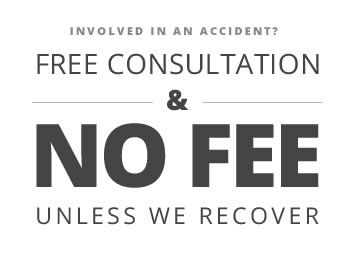For the second time in less than a month, an employee at a scrap metal recycling company in Hagerstown, MD was injured after being struck by a forklift. The Herald-Mail Media reported in a March 30, 2018 article that the man was working when he was hit from behind, pinned to the ground, and dragged for a few feet. The worker was transported to R Adams Cowley Shock Trauma Center in Baltimore for surgery and is expected to fully recover. The victim in the previous forklift incident was not so lucky: He was killed when a forklift’s load slipped off and fell on top of him. As the Maryland Occupational Safety and Health continues its investigation into both incidents, the employer of the workers could be under fire if the circumstances go beyond what a typical Maryland workers’ compensation claim covers.
Default Rule: Workers’ Compensation Claim is Sole Remedy
In the majority of cases in which an employee is hurt in a work-related incident, the only remedy is to file a claim with the employer’s workers’ comp insurance provider. Maryland mandates most companies to carry policies to cover employees hurt on the job so they can recover benefits quickly and get back to work. Workers’ compensation claims do not require a showing that the employer was at fault in any way, so it is not necessary to prove negligence as you would in a typical personal injury case.
Still, under Maryland’s workers’ compensation laws, you are precluded from filing a lawsuit against your employer if you are injured. The system is intended to benefit employees by not requiring them to prove negligence; it is also meant to protect employers from the potential of “double-dipping” by workers who file a claim, and then also sue.
There are some exceptions to this default rule, however.
Employer’s Intentional Conduct
Employers cannot escape liability and force an employee to file a workers’ comp claim if they willfully or intentionally create hazards in the workplace. In the Hagerstown forklift accidents, two employees were injured in the same way. There may be intentional conduct if the employer knew that the forklifts were in need of repair and failed to take action.
Exception #2: Failure to Carry Workers’ Comp Insurance
Because Maryland law requires qualifying employers to obtain workers’ compensation insurance, the failure to provide coverage is a violation that allows an employee to sue.
Third Party Claims
Though your sole remedy involving your employer is filing a workers’ compensation claim, you may have an action if someone else caused your injuries. The most common scenarios for a third party claim include:
- You were involved in a car accident while working, and the other driver’s negligence was a factor; or,
- There were other parties present when the incident occurred, and they were responsible for your injuries.
These exceptions to the default rule regarding workers’ compensation are somewhat rare, but there are plenty of circumstances that may allow you to sue your employer for damages. If you were hurt at work and want to discuss your options with an experienced workers’ comp lawyer, please contact attorney Michael A. Freedman to schedule a free consultation.
See Related Blog Posts:
Scaffolding Accident in Maryland Kills One, Injures Another
Workers’ Compensation Claims in Maryland: The Basics You Need to Know


